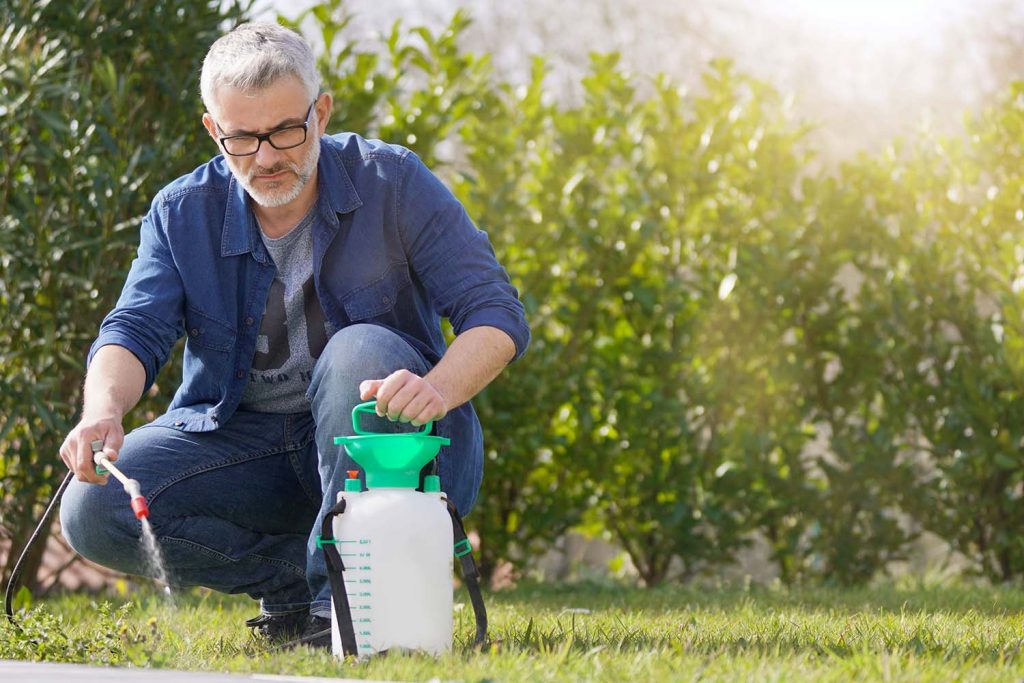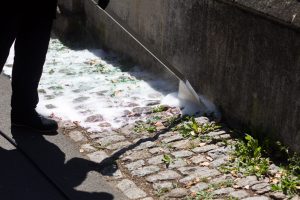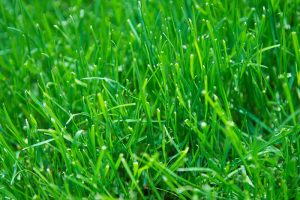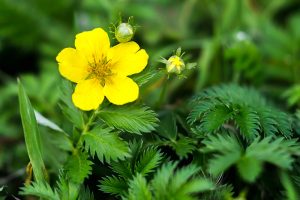
We see the bottles, bags, and boxes stocked on store shelves. You can easily find herbicides, insecticides, and pesticides at hardware stores, home improvement centers, and garden centers—each designed to kill something while protecting our homes, landscapes, and gardens.
Our Moeller Lawn & Landscape team wants you and our community to remain safe when using these products. Today we share what the EPA and The National Institute of Environmental Health Sciences have to say about these chemicals.
What Should You Know About Herbicides?
“Herbicides are chemicals used to manipulate or control undesirable vegetation. Herbicide application occurs most frequently in row-crop farming, where they are applied before or during planting to maximize crop productivity by minimizing other vegetation. They also may be used on crops in the fall to improve harvesting.”
“In suburban and urban areas, herbicides get applied to lawns, parks, golf courses, and other regions. Herbicides are applied to water bodies to control aquatic weeds. These weeds can impede irrigation withdrawals or interfere with recreational and industrial uses of water.” Quoted Source – EPA – Herbicides
What Should You Know About Insecticides?
“Insecticides are chemicals used to control insects by killing them or preventing them from engaging in undesirable or destructive behaviors. They are classified based on their structure and mode of action. Many insecticides act upon the insect’s nervous system (e.g., cholinesterase inhibition), while others work as growth regulators or endotoxins.”
“Insecticides get applied in various formulations and delivery systems (e.g., sprays, baits, slow-release diffusion) that influence their transport and chemical transformation. Mobilization of insecticides can occur via runoff (dissolved or absorbed into the soil), atmospheric deposition, or sub-surface flow.” Quoted Source – EPA – Insecticides
What Should You Know About Pesticides?
“A pesticide is any substance used to kill, repel, or control certain forms of plant or animal life considered to be pests. Pesticides include herbicides for destroying weeds and other unwanted vegetation, insecticides for controlling a wide variety of insects, fungicides used to prevent the growth of molds and mildew, disinfectants for preventing the spread of bacteria, and compounds used to control mice and rats.”
“Other evidence suggests that children are particularly susceptible to adverse effects from exposure to pesticides, including neurodevelopmental effects. People may accidentally get exposed to pesticides used in various settings, including homes, schools, hospitals, and workplaces.” Quoted Source – The National Institute of Environmental Health Sciences
Is There a Better and Safer Alternative?
With Springtime here, there will be more activities outside. More opportunities for exposure to these chemicals. This health alert brings awareness to you that herbicides, insecticides, and pesticides are dangerous if mishandled or left in the wrong hands.
For a better, safer, and healthier alternative, our solution is Foamstream. It is a herbicide-free mixture for controlling unwanted vegetation. It combines hot water and biodegradable foam to kill weeds, moss, and algae. Your landscape stays greener, cleaner, and safer for you, the neighbors, everyone’s pets, and our community’s vital waterways.
Want a better, safer, and healthier lawn care chemical alternative for your West Tennessee home or commercial property? Our team invites you to contact us here or give us a call at 731-571-2730.






